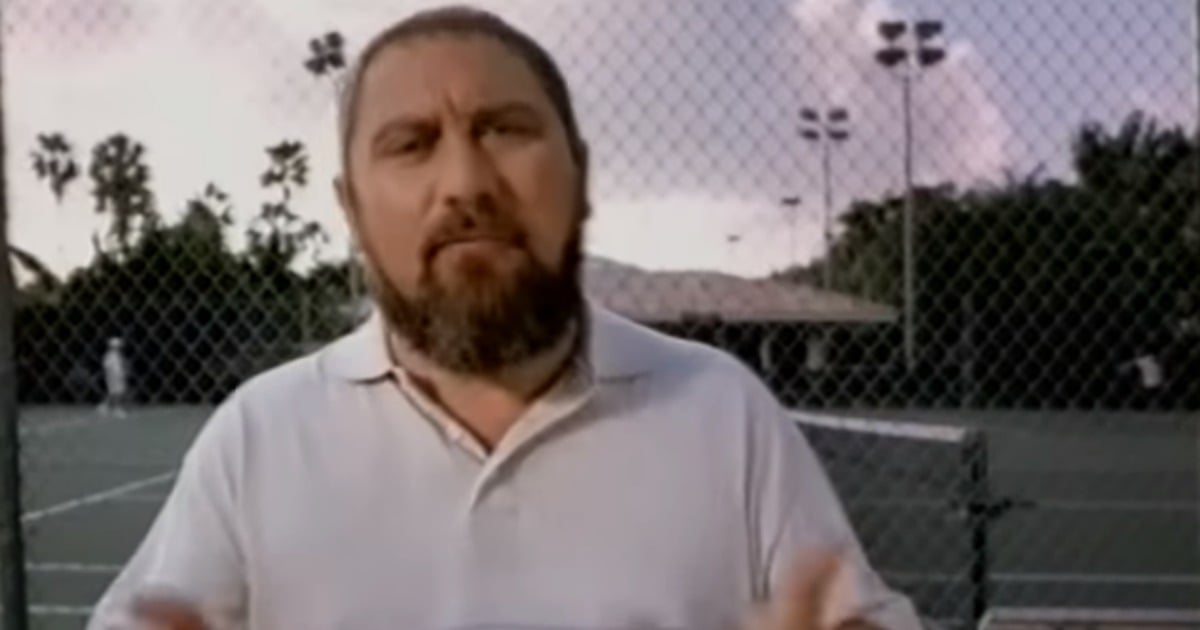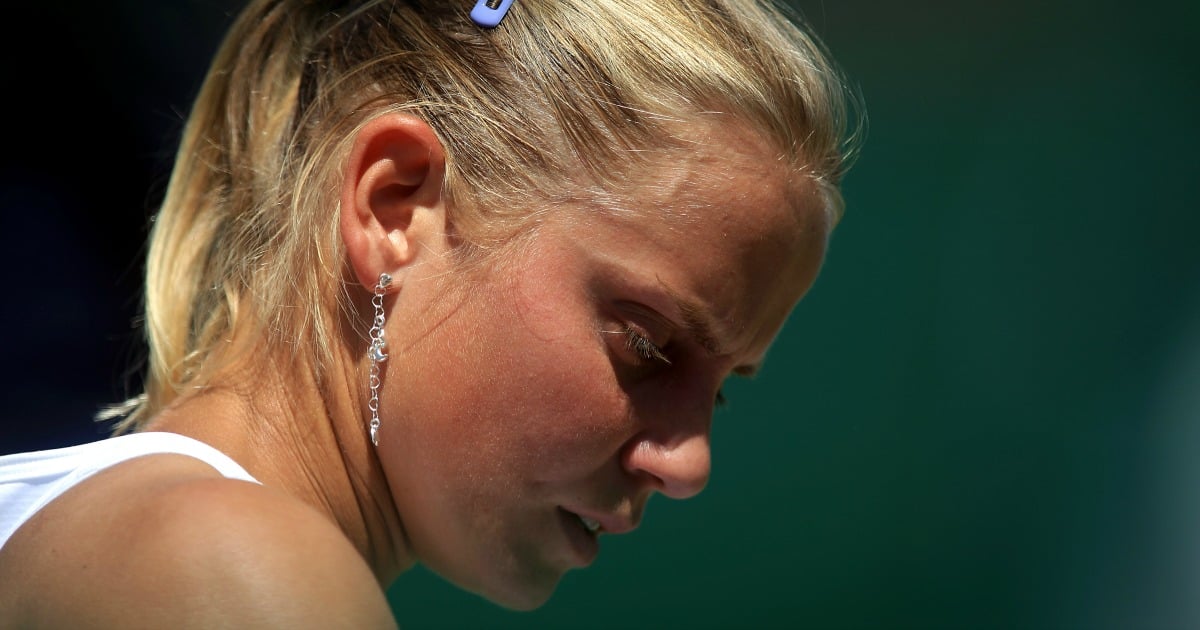“To this day, I don’t understand why the media was making fun of him. He was a headline and a joke and a punchline.
“They saw him drunk, they saw him aggressive, they saw him being actually quite scary. So… I ask myself why they were making fun of it, and didn’t think, well, there’s a 14-year-old girl, 15-year-old girl going home with this person. And this guy wasn’t funny.”
Former tennis star Jelena Dokic, now 34, has spoken extensively to the Australian media in recent months about the physical and verbal abuse she suffered at the hands of her father, Damir, during her tennis career.
Speaking to Mia Freedman for a recent episode of No Filter, Dokic recalled being whipped with a belt, and being kicked in the shins with pointed dress shoes. She describes the way her father took control of her money, locked her out of her hotel room, leaving her with nowhere to sleep the night after a Wimbledon loss, and routinely called her a “slut” and a “whore”. It all started, she says, the moment she picked up a tennis racquet.
Listen: Jelena Dokic gives a raw account of the moment her father started abusing her. Post continues after audio.
But while the abuse often took place behind closed doors, where her mother “very often thought what [her father] was doing was right,” throughout Dokic’s early tennis career, there were signs that this young woman was not okay. Signs that, for the most part, went ignored.






























































































